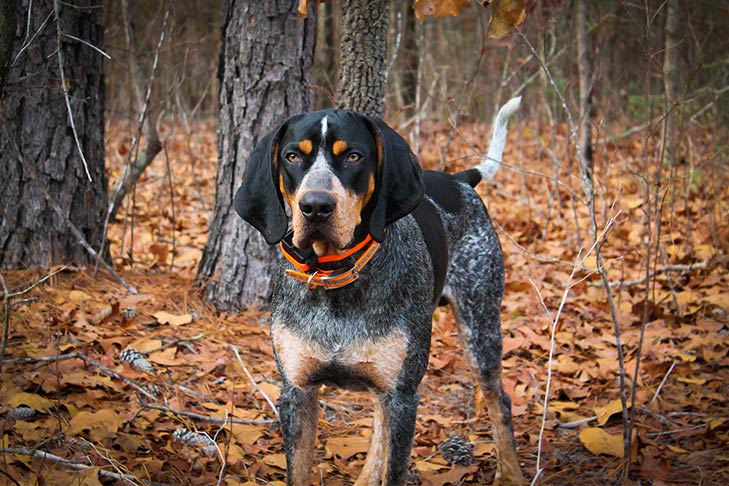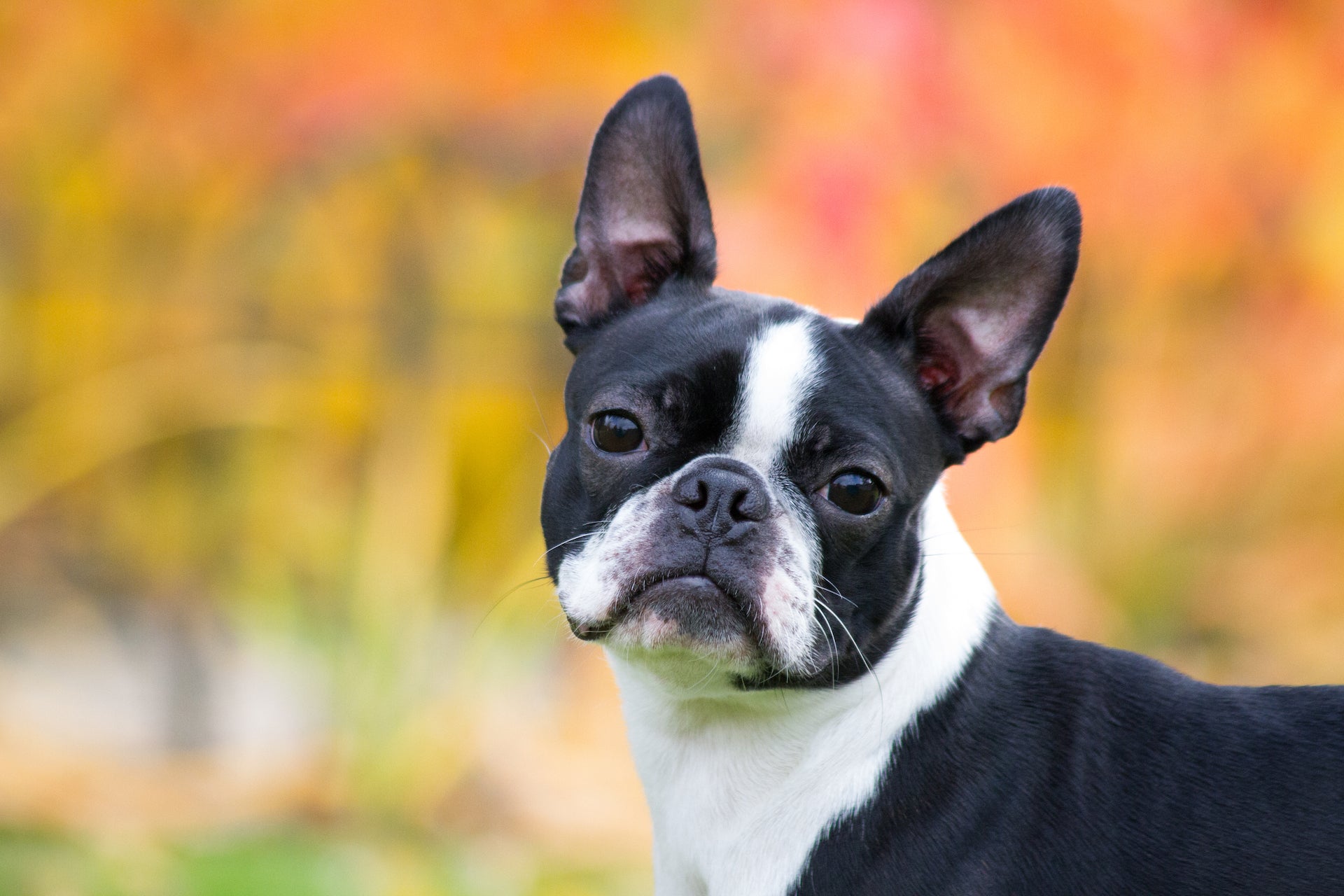
Bernese Mountain Dog Breed Characteristics and Care Guide
Share
The Bernese Mountain Dog is celebrated not only for its stunning appearance but also for its gentle disposition. As a health-conscious pet owner, understanding the characteristics and care needed for this breed is paramount. This article delves deep into the essentials of owning a Bernese Mountain Dog, providing you with insightful information on how to nurture this wonderful creature.
The Bernese Mountain Dog is a large breed known for its beautiful tricolor coat. In this dog breed characteristics guide, we'll explore their temperament, health issues, grooming needs, and so much more. Knowing what to expect will help ensure that this loyal companion thrives in your home.

1. Overview of the Bernese Mountain Dog
Originating from the Swiss Alps, the Bernese Mountain Dog was initially bred for herding and draft work. Their history includes working as farm dogs, which speaks to their intelligence and strong work ethic. Today, they are family favorites known for their affectionate nature.
Physical Characteristics
A typical Bernese Mountain Dog has a striking appearance, with a thick, long coat that requires regular grooming. They usually stand between 23 to 28 inches tall at the shoulder and can weigh between 70 to 115 pounds. Their distinctive tricolor pattern consists of black, white, and rust markings. This breed is both strong and elegant, making them a true sight to behold.
Temperament and Behavior
Bernese Mountain Dogs are friendly and affectionate, often described as gentle giants. They are known for being good with children and typically bond well with their families. Their calm disposition makes them excellent companions, but they also need proper socialization to prevent shyness or fearfulness.
2. Health Considerations
As a health-conscious pet owner, you must be aware of potential health issues that may arise in Bernese Mountain Dogs. Unfortunately, they are predisposed to certain conditions such as:
- Hip Dysplasia: This is a common condition in large breeds where the hip joint doesn't fit into the hip socket properly.
- Elbow Dysplasia: Similar to hip dysplasia, this affects the elbows and can lead to arthritis.
- Bernese Mountain Dog Cancer: This breed has a higher cancer rate, especially in older dogs.
Regular veterinary check-ups and being vigilant about any unusual behavior can help mitigate these issues.
Exercise Needs
Despite their size, Bernese Mountain Dogs are relatively laid-back. However, they do require daily exercise to maintain their health and happiness. Activities such as walking, hiking, and playtime in the yard can help burn off energy and keep their weight in check. Aim for at least 30 to 60 minutes of exercise every day.
3. Grooming Requirements
Due to their long and thick coat, grooming is crucial for Bernese Mountain Dogs. Here are some key grooming points:
- Brushing: Regular brushing (at least twice a week) is necessary to prevent matting and reduce shedding.
- Bathing: They should be bathed occasionally with dog-specific shampoo to keep their coat healthy.
- Ear Cleaning: Check and clean ears weekly to prevent infections.
These grooming practices will not only ensure your dog looks good but also promote their overall health.
Feeding Your Bernese Mountain Dog
A balanced diet is essential for any dog breed, but it is incredibly important for large breeds like the Bernese Mountain Dog. Look for high-quality dog food that caters to their specific needs. Generally, a diet rich in protein, healthy fats, and essential vitamins and minerals will keep them in good shape. Consulting a vet for personalized dietary advice is also recommended.
4. Training and Socialization
Training is an integral part of your Bernese Mountain Dog's development. Early socialization and obedience training are crucial to help your pup become a well-rounded adult dog. Techniques such as positive reinforcement work best with this sensitive breed. Enrolling in puppy training classes can be very beneficial.
Common Commands to Teach
Start with basic commands like:
- Sit
- Stay
- Come
Building an engaging training routine will strengthen your bond while ensuring your dog behaves appropriately.
5. Safety Precautions
When it comes to safety, its essential to know how to keep your Bernese Mountain Dog safe at home and outside. These brevaeds can be sensitive to extreme temperatures due to their thick coat.
Outdoor Safety
On warm days, ensure they have plenty of shade and cool water. Likewise, during colder months, make sure they are properly sheltered if they spend time outside. Consider using a dog sweater if you need to take them out for prolonged periods in the cold.
6. Lifespan and Quality of Life
The average lifespan of a Bernese Mountain Dog is around 7 to 10 years. While this may seem short, providing a healthy diet, regular exercise, and routine veterinary care can improve their quality of life significantly.
End-of-Life Care
Unfortunately, all pet owners will eventually have to face the difficult farewell of their beloved companions. Planning for this can include ensuring they are comfortable and pain-free in their old age. Talk to your veterinarian about the best practices for end-of-life care.
Conclusion
Owning a Bernese Mountain Dog can be one of lifes greatest joys. By understanding their characteristics and implementing proper care, you can build a beautiful relationship with your furry friend. Remember that regular exercise, grooming, and proper training are vital for their well-being. For more insights on different breeds, explore our articles on Bernedoodles and Belgian Malinois.

Frequently Asked Questions (FAQ)
1. How much exercise does a Bernese Mountain Dog need?
A Bernese Mountain Dog should receive at least 30 to 60 minutes of exercise each day, including walks, playtime, and exercise sessions.
2. Are Bernese Mountain Dogs good with children?
Yes, they are known to be gentle and friendly with children, making them an excellent family pet.
3. What health issues should I watch for with my Bernese Mountain Dog?
Common health concerns include hip and elbow dysplasia, and they are also at a higher risk for certain types of cancer. Regular check-ups are essential.
As an Amazon Associate, I earn from qualifying purchases.
